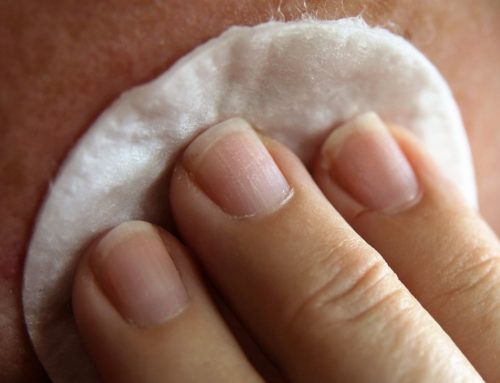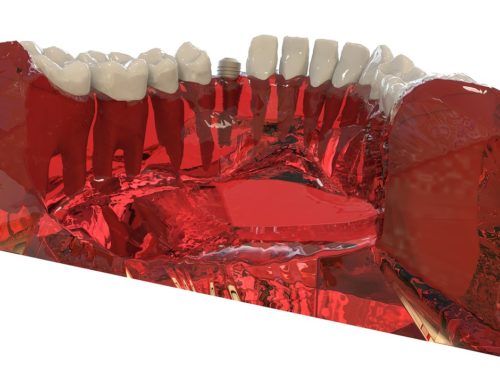While it may be a natural worry when we witness our own hair loss, bear in mind that hair loss is natural, not unusual. It is more important to recognize when hair loss is extraordinary, not ordinary, and to understand what you can do about it.
The Hair Life Cycle
Hair is a remarkable part of our bodies. It is one of its fastest growing tissues with the capacity to grow just about anywhere. Generally, you can expect approximately 90 percent of the hair on your head to be growing, with the other 10 percent being inactive or resting, and consequently prone to falling out. On average, we lose 50-100 hairs daily, often without much, if any awareness of the loss.
Hair loss is not only natural—it is an important part of the hair life cycle. Hair loss enables the introduction of new, healthy strands to replace the old, dead strands. Keep in mind that a single hair may have a lifespan of up to five years, although many single stands also have briefer lives.
Since hair loss is an ordinary part of our physical evolution, there is no reason to be alarmed when you see it—unless you see signs that it may be more than normal. Especially for people who have a history of hair loss in their families, or who may be suffering from certain conditions which accelerate hair loss or whose treatments cause hair loss, there may be reason a for concern.
Extraordinary Hair Loss
Prior to significant hair loss, you are likely to experience thinning hair on your scalp, though you may not observe this development until hair loss starts in earnest. In scientific terms, what this usually means is that your hair follicles are no longer able to produce new hair, leading to shedding and eventually baldness.
Among the most common medical reasons for extraordinary, albeit temporary hair loss are thyroid diseases and chemotherapy. With thyroid diseases, hair will thin. While the proper treatment can help, hair will not be as thick and rich as it once was. Chemotherapy is a more extreme version of this phenomenon, with severe hair thinning and shedding. After chemotherapy treatment ends, hair will regrow, but it may not be of the same quality as before.
If you are worried that you may be suffering from extraordinary hair loss, it is important to act quickly and visit a medical professional immediately. A proper diagnosis is your best chance for treatment to preserve your hair.
Even if there is no way to avoid hair loss, remember that there are still extraordinary treatments for extraordinary hair loss. Your Philadelphia hair replacement expert is always ready to discuss how to restore your hair and help you look and feel your best.
Take the Next Step
Want to learn if a Hair Replacement is right for you? Schedule a consultation at Dr. Farole’s Facial Cosmetic Surgery Center in Bala Cynwyd, PA by giving us a call at (610) 668-3300 today.
Source
Sydney Hair Transplant






